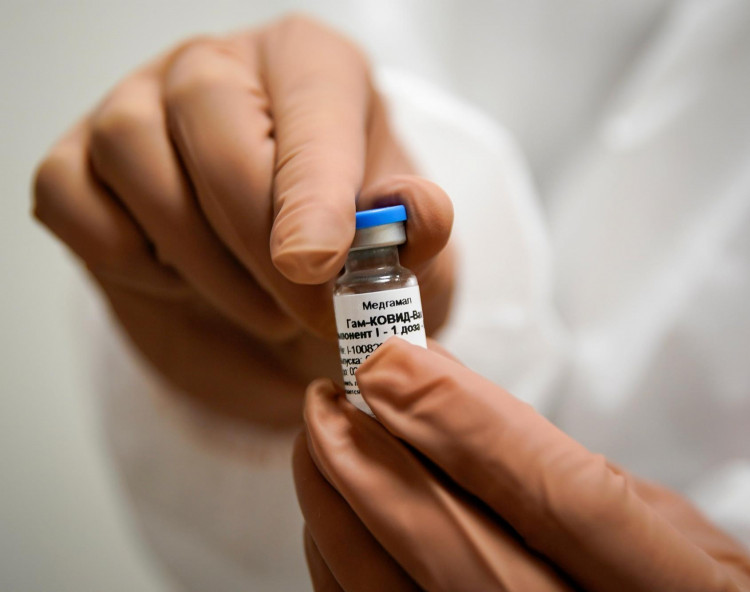Hungary became the first European Union country to sign off on acquiring Russia's Sputnik V COVID-19 vaccine and drew immediate criticism for the decision.
Hungary's decision to grant the vaccine preliminary approval was confirmed by a representative of prime minister Viktor Orban. The government also authorized the use of the Oxford-AstraZeneca COVID-19 vaccine.
Foreign Minister Peter Szijjarto will travel to Moscow to discuss a shipment and distribution deal. Only 140,000 Hungarians in a population of 9.8 million have been vaccinated so far.
Orban has said the only way Hungary can meet demand - given the "frustratingly" slow delivery of the Pfizer-BioNTech vaccine - is by buying vaccines from Russia and China. Public opinion polls, however, show Hungarians are wary of these.
Hungary's move was quickly criticized by the EU which sees the move as another example of Orban undermining EU solidarity. Orban has been accused of promoting fascism and violating human rights.
The European Medicines Agency hasn't approved Sputnik V for use despite Russian claims the vaccine is 91% effective.
Hungarian health officials are in China for talks for the immediate delivery of 1 million doses of the Sinopharm vaccine. The vaccine was developed by state-owned China National Pharmaceutical Group Corporation, also known as Sinopharm.
Last month, Sinopharm said phase three trials showed 79% effectiveness compared with more than 90% for vaccines from Pfizer/BioNTech and Moderna, Inc.
Hungary has more than 355,000 confirmed cases and 11,700 deaths.
Meanwhile, the United Arab Emirates Ministry of Health on Thursday approved Sputnik V for emergency use. Its 3,529 new cases Thursday are the highest in the region.
"Study results have demonstrated the effectiveness of the vaccine in triggering a strong antibody response against the virus, its safety for use and its compliance with international safety and effectiveness standards," said Emirates News Agency.
UAE officials said they were carrying out the second-fastest national vaccination campaign in the world per capita after Israel. They plan to have half the country's 9.8 million people inoculated by the end of March.






